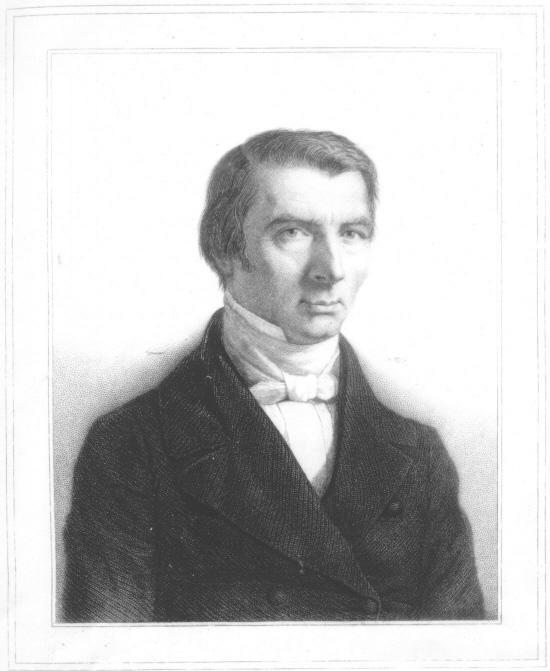Liberty Matters
The Politicians I Actually Know
 Since several people have posted their favorite, or "one of their favorites," passages from Bastiat, here is (one of) mine.
Since several people have posted their favorite, or "one of their favorites," passages from Bastiat, here is (one of) mine.It is most useful when one of my colleagues or interlocutors poses the question, "Aren't you worried that a decentralized or "market" system will reward only the rich? A state system, by contrast, will tax the rich and ensure that the rewards are distributed to the poor and powerless." My first response is what some friends now refer to as the "Munger Test." When you say "the State," as in the "The State should do X," make a substitution. Take out "State," and insert "Politicians I actually know." So, "Politicians I actually know should do X." See if you still believe it. It's a much harder sell, given the corruption of politics, the myopia induced by the next election, and the dominance of interest groups.
Then, hit them with this, from Bastiat:
When under the pretext of fraternity, the legal code imposes mutual sacrifices on the citizens, human nature is not thereby abrogated. Everyone will then direct his efforts toward contributing little to, and taking much from, the common fund of sacrifices. Now, is it the most unfortunate who gains from this struggle? Certainly not, but rather the most influential and calculating. [69]
If you set up a contest for benefits, there is absolutely no reason to expect the poor and the weak to be the ones who will win the contest. To the contrary, the result will be the sort of rent-fest seen in the recent farm bill. The portion "for the poor," the food stamp program, was taken out! The portion for the rich and powerful, the farm subsidies, was passed easily.
If you care for the poor, "politicians I actually know" are the last place one would look for succor and aid. Bastiat recognized the basic logic for why this is true: Politicians are not (always) bad people. Rather, the system rewards power, not need.
Endnotes
[69] Frédéric Bastiat, Selected Essays on Political Economy, trans. Seymour Cain, ed. George B. de Huszar, introduction by F.A. Hayek (Irvington-on-Hudson: Foundation for Economic Education, 1995). Chapter: 4: Justice and Fraternity. </title/956/35451/1410040>.
Copyright and Fair Use Statement
“Liberty Matters” is the copyright of Liberty Fund, Inc. This material is put on line to further the educational goals of Liberty Fund, Inc. These essays and responses may be quoted and otherwise used under “fair use” provisions for educational and academic purposes. To reprint these essays in course booklets requires the prior permission of Liberty Fund, Inc. Please contact oll@libertyfund.org if you have any questions.